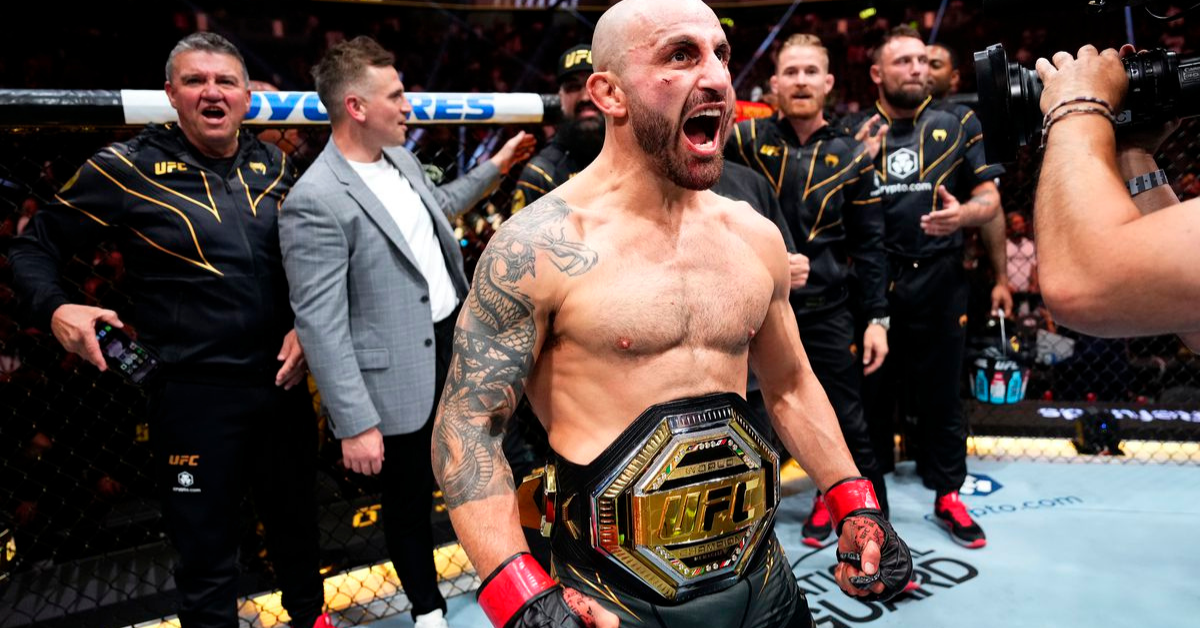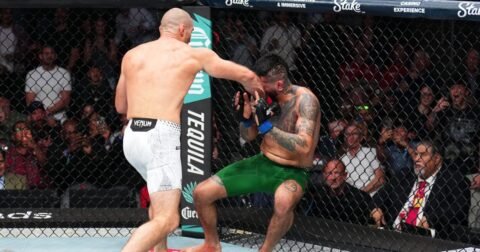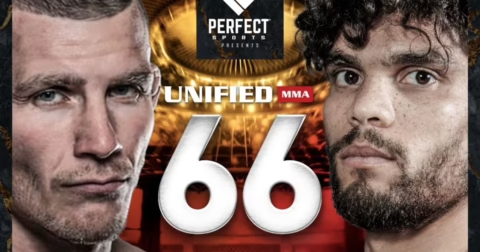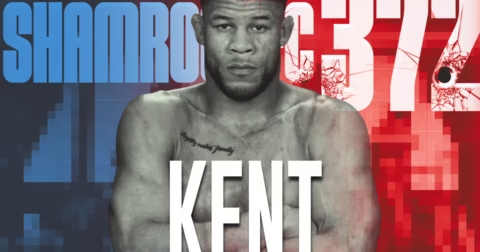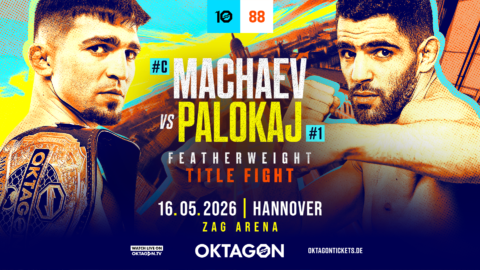The term ’35 and over curse’ refers to the notion that fighters over the age of 35 face significant challenges in reclaiming or winning titles within the UFC, particularly in the fast-paced divisions of flyweight to lightweight. Alexander Volkanovski’s recent victory at UFC 314 has shattered this myth, marking a pivotal moment in MMA history. By becoming the first champion over the age of 35 in these divisions, Volkanovski not only solidifies his legacy but also opens the door for future athletes in similar age brackets to aspire toward championship success. His achievement showcases that with dedication and strategy, age doesn’t have to be a barrier in the fierce world of mixed martial arts.
This landmark victory comes after Volkanovski’s resilience following consecutive setbacks, highlighting the importance of mental fortitude and adaptability in the sport. As he navigated the setbacks from losses against elite fighters like Islam Makhachev and Ilia Topuria, Volkanovski exemplified the determination needed to overcome the odds. His fresh perspective on training and recovery may very well redefine how fighters approach their careers as they age, potentially inspiring not just competitors in the UFC but martial artists globally to pursue their dreams regardless of the number of candles on their birthday cake.
Demetrious Johnson’s Perspective on Age and Achievement
Former UFC flyweight champion Demetrious Johnson has a unique insight into the ’35 and over curse’, having achieved significant milestones later in his career, notably winning a title at the age of 36. Johnson emphasises that while Alexander Volkanovski has made waves in the UFC, he is not the first to achieve championship success after turning 35. Johnson, revered as one of the greatest MMA fighters with a record of 11 consecutive title defences, believes that other promotions recognise fighters who have excelled similarly, despite the overshadowing presence of the UFC in the sport.
Johnson’s accomplishments serve as a testament to the fact that age should not be viewed as a limitation. His journey, including a successful title rematch against Adriano Moraes just after his 36th birthday, exemplifies that perseverance and adaptability can lead to triumph at any stage of an athlete’s career. With both fighters proving that age can be just a number, they inspire fellow competitors, particularly champions over 35, to continue pushing boundaries and striving for greatness even when faced with adversity. The fight against age stigma in MMA continues to evolve as more athletes challenge conventional narratives.
UFC Title Winners: A New Era for Older Fighters
The UFC community is witnessing a transformative era where fighters over 35 are beginning to thrive, illustrating a change in the narrative surrounding age within the sport. With Alexander Volkanovski’s remarkable title win at UFC 314, he not only secured his position as a champion but also epitomised the changing dynamics of mixed martial arts. As more athletes reach their prime later in life, there is an emerging trend of successful title winners breaking records and expectations. This shift encourages training methods and strategies that cater to older fighters, balancing experience with evolving techniques.
Furthermore, the success of seasoned fighters like Volkanovski and Johnson suggests that the UFC may need to rethink its approach towards valuing experience over youth. In a sport where speed and strength are often prioritised, the increasing achievements of older champions signal a need to celebrate seasoned fighters and their extensive knowledge base. Recently, discussions around the longevity of athletes in the UFC have gained momentum, with advocates emphasising the importance of mental acuity and tactical proficiency that often improve with experience. This evolving perspective not only affirms the capabilities of older fighters but also enriches the narratives and rivalries within the sport.
The Impact of Training and Recovery on Ageing Fighters
As the stigma associated with ageing in mixed martial arts continues to dissolve, the emphasis on innovative training and recovery strategies becomes paramount. Fighters like Alexander Volkanovski and Demetrious Johnson have visibly adapted their training regimens to extend their careers successfullyutilisingng advanced recovery techniques, functional training, and personalised nutrition plans. Their experiences highlight the significant role that modern sports science plays in enabling older competitors to not only compete but excel at the highest levels of the UFC.
Moreover, with the advent of technology and insights into athletic performance, fighters can maintain peak physical condition regardless of age. The utilisation of data analytics, biomechanical assessments, and real-time recovery tracking allows athletes to optimise their training, prevent injuries, and enhance overall performance. This progressive approach could very well set a new standard within MMA, allowing champions over 35 to come back stronger and more prepared than ever, demonstrating that age may no longer indicate decline but rather a new phase of potential growth.
The Legacy of Alexander Volkanovski
Alexander Volkanovski’s legacy will undoubtedly be marked by his age-defying triumph at UFC 314, propelling him to become the first UFC champion over 35 in the competitive lightweight to featherweight divisions. This remarkable feat could serve as a benchmark for future fighters, indicating that greatness in the cage is not solely reserved for younger athletes. Volkanovski’s commitment to excellence has already made significant contributions to MMA history, and his status as a champion will inspire generations to come to push boundaries.
Beyond his immediate achievement, Volkanovski’s story is one of resilience, adaptability, and dedication to the craft of mixed martial arts. His ability to overcome setbacks and return stronger is a hallmark of true champions, providing a relatable narrative for aspiring fighters and fans alike. His legacy thus transcends the octagon, marking a shift in how martial artists perceive age and ability, potentially inspiring a new wave of champions who see 35 as just the beginning of their journey.
Demetrious Johnson’s Historical Context in MMA
Demetrious Johnson’s remarkable MMA career has significantly contributed to the evolution of the sport, with his achievements establishing a historical benchmark. As one of the only fighters to successfully capture a world title past the age of 35, Johnson emphasises the need for recognition against the backdrop of a sport that often glorifies youth. His journey, which includes over a decade of competition, showcases the ever-expanding narrative of longevity and success, demonstrating that peak performance can persist into an athlete’s late 30s and beyond.
By reflecting on Johnson’s accomplishments, we see how history often overlooks the achievements of fighters from different organisations outside the UFC. His success highlights the competitive nature of mixed martial arts worldwide and encourages future athletes to challenge themselves continuously. Recognising the contributions of fighters like Johnson allows for a broader understanding of what defines greatness in the sport, urging the community to celebrate milestones and achievements at every age.
Champions Over 35: Shaping the Future of MMA
The emergence of champions over the age of 35 within the UFC represents a revolutionary shift in how athletes navigate their careers in mixed martial arts. The recent title win by Alexander Volkanovski and the historical achievements of Demetrious Johnson are paving the way for future generations of fighters. As these athletes continue to dismantle the ’35 and over curse’, they not only rewrite the records but also challenge preconceived notions embedded in the sport regarding age and capability.
By thriving in a landscape that emphasises quick athleticism and youthful vigour, these fighters demonstrate that experience and strategy have profound implications for success. Their victories offer a glimpse into a promising future where older fighters are embraced and their unique strengths are utilised effectively. As more champions rise to prominence after 35, we can expect a shift in training methodologies, competition dynamics, and public perception, ultimately shaping the future of MMA into a more inclusive and diverse arena.
MMA History: Shifting Perspectives on Age
The narrative of mixed martial arts is often intertwined with the perception of age, creating an ongoing discourse regarding the capabilities of older fighters. With champions like Alexander Volkanovski and Demetrious Johnson breaking traditional barriers, MMA history is experiencing a significant transformation. The recent breakthroughs at UFC 314 and beyond signify a departure from age-related stereotypes, encouraging a re-evaluation of what athletes can accomplish later in their careers.
As historians reflect on these moments, it becomes clear that the evolution of fighters’ roles and capabilities enriches the sport’s narrative. The achievements of ‘champions over 35’ serve as a reminder that with the right mindset, training, and tenacity, the age barrier is becoming increasingly irrelevant. Such progression within MMA history not only honours the achievements of current athletes but also inspires future fighters to maintain their pursuit of excellence regardless of age, further solidifying the intricate legacy of the sport.
| Key Points | Details |
|---|---|
| UFC 35 and Over Curse | Refers to a belief that fighters over the age of 35 struggle to win titles in the UFC. |
| Alexander Volkanovski’s Achievement | At age 36, Volkanovski reclaimed his title at UFC 314, becoming the first at over 35 to win a UFC title in the 125 lb- 155 lb divisions. |
| Demetrious Johnson’s Background | Former UFC Flyweight Champion who also won titles after the age of 35, commenting on Volkanovski’s achievement. |
| Comparison with Other Organisations | Johnson notes that similar achievements have occurred in other organisations, highlighting the UFC’s prominence. |
| Personal Achievement of Johnson | Johnson, at 36, regained his title after previously being defeated, showcasing that athletes over 35 can succeed. |
Summary
The UFC ’35 and Over Curse’ has been a prominent topic in mixed martial arts, suggesting that fighters over the age of 35 face significant challenges in winning championships. However, with Alexander Volkanovski’s historic title win at age 36, the narrative is beginning to shift. His accomplishment not only breaks this curse but also highlights the incredible talent and capabilities athletes can possess as they age. Demetrious Johnson also exemplified this by achieving greatness beyond the UFC, showcasing that age is merely a number when it comes to skill and determination in the sport.

